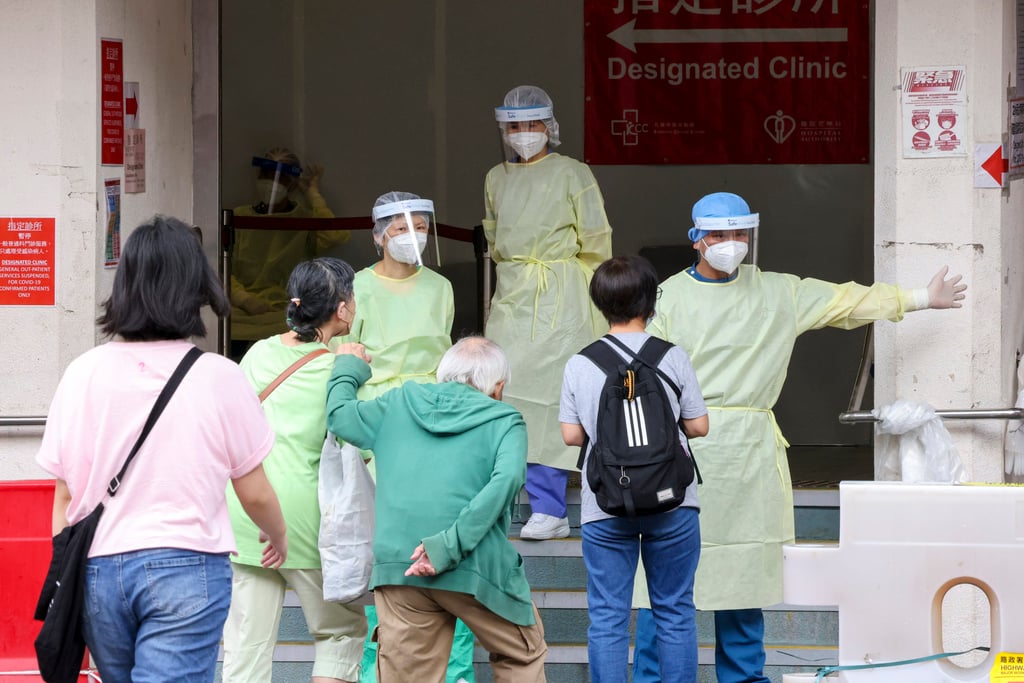Hong Kong public hospitals hope to expand telemedicine services, which took off during coronavirus pandemic
- Online sessions allow doctors to see more patients, who save on travel and waiting time too
- Easy for patients in stable condition to see a doctor online for results of blood tests, X-rays

Covid-19 spurred the expansion of telemedicine at public hospitals in Hong Kong, with more than 45,000 sessions during the pandemic, and hospital chiefs are considering doing even more.
The Hospital Authority, which oversees all the city’s public hospitals, said online consultations helped to cut waiting times, while doctors were able to see more patients, and satisfaction levels went up too.
“We want to make it as convenient as online shopping, but we recognise we need to make more effort in smoothening the edges and improving the experience for patients,” Dr Michael Wong Lap-kee, chief manager for cluster performance, said at a media briefing.

The authority rolled out telemedicine consultation services on its HA Go mobile application after the pandemic began in early 2020.
When Hong Kong was struck by a fifth wave of coronavirus infections in January this year, it began delivering two Covid-19 oral pills – Paxlovid and Molnupiravir – to patients’ homes.
The telemedicine sessions included more than 20,000 online consultations with doctors, 14,000 checks with residents of elderly homes and more than 5,000 sessions for other services such as physiotherapy and occupational therapy.
The authority’s chief medical informatics officer, Dr Joanna Pang, said the online services included various specialists in internal medicine, brain surgery and orthopaedics.
